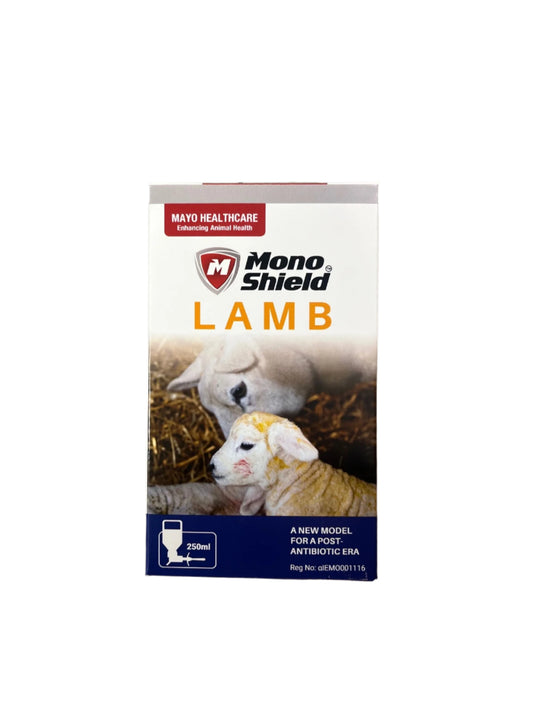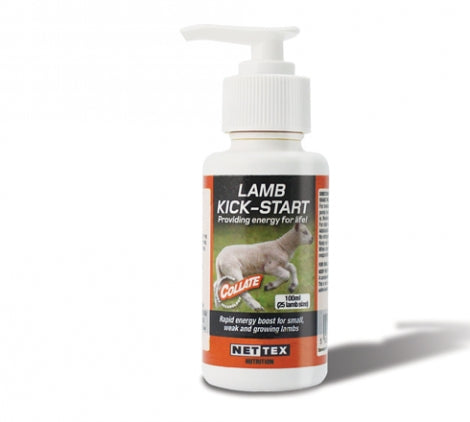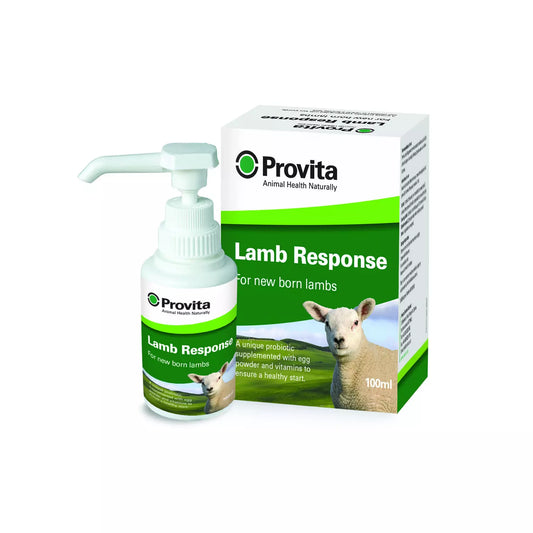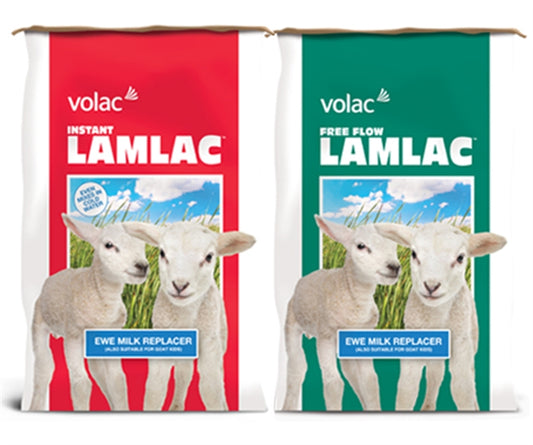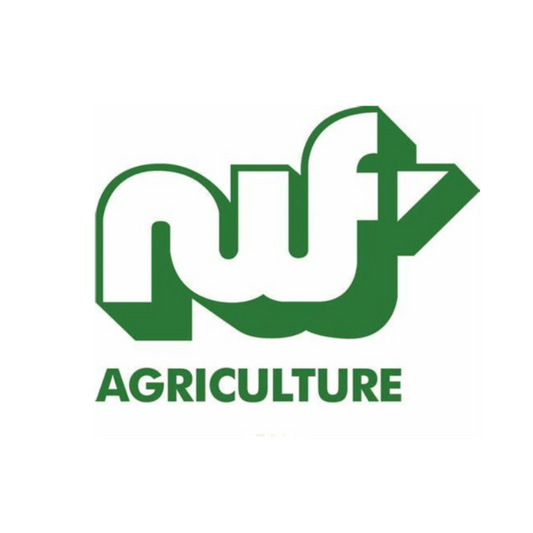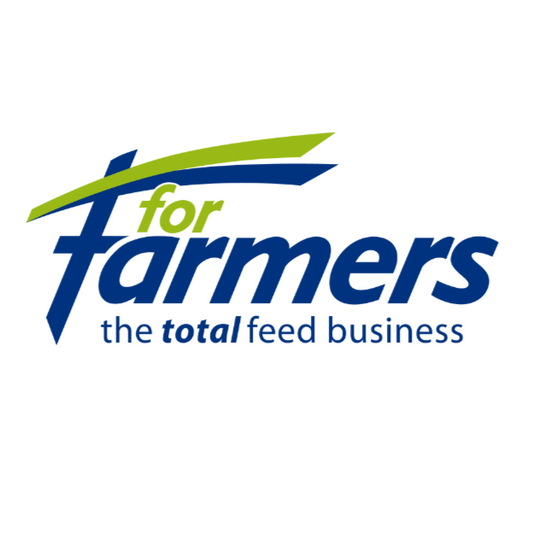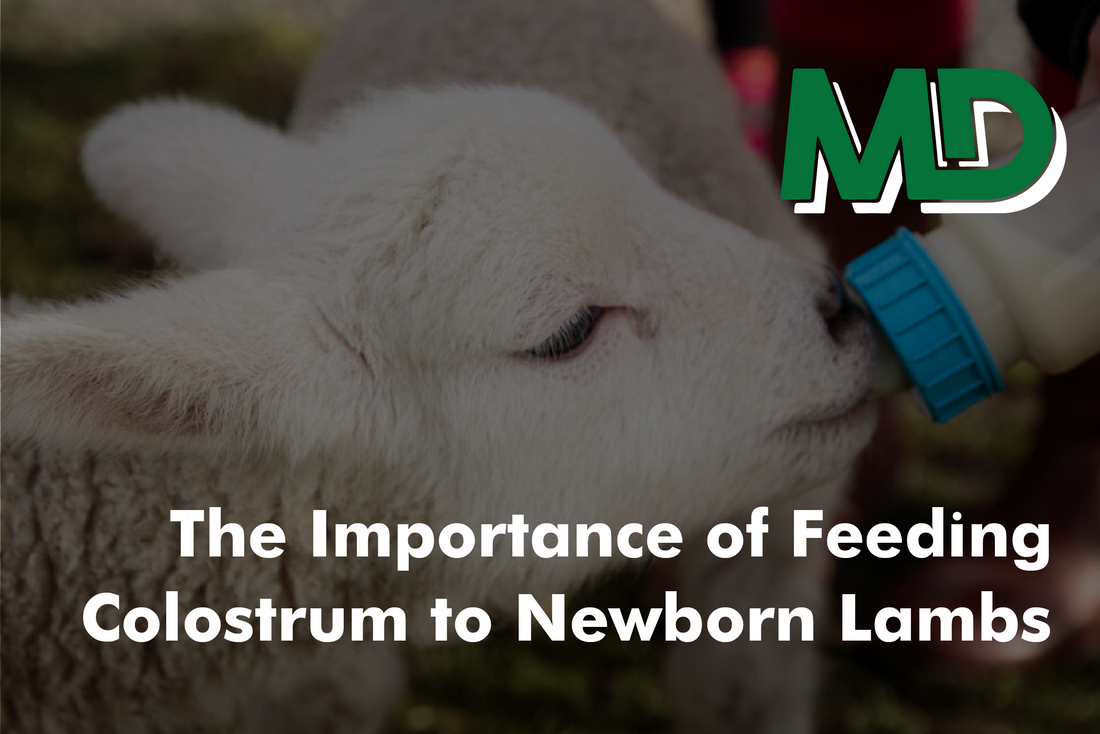
Share
Every shepherd and farmer knows that newborn lambs depend on colostrum, the first milk produced by their ewe, for sustenance and protection. But why is colostrum so important? It's not just the lamb's original source of nutrition; it's also packed with antibodies that help protect them from disease. In this blog post, we'll cover why colostrum is essential to a lamb's survival and the products we recommend to help your lambs through their first few vital hours of life.
What is Colostrum?
Colostrum is a thick, yellowish liquid that mothers produce in response to the arrival of their offspring. It contains a high concentration of proteins, carbohydrates, minerals, and fats as well as vital antibodies that help protect the newborn from numerous diseases and illnesses. As such, it plays an essential role in helping lambs survive those first few days after birth.
Colostrum Quality Matters
The quality of colostrum can vary based on several factors including breed, age of the ewe, time since last lambing season, seasonality (colostrums produced during the spring tend to have higher fat content than those produced during summer), and environmental conditions such as weather.
The quality of colostrum will determine the level of antibodies present in the colostrum. Some factors you can assess in your ewes are:
Ewe condition: ideally, ewes should have a body condition score 3 at tupping and be vaccinated against infectious abortion and clostridial disease.
Ewe parity: the number of previous lambings will affect a ewe’s ability to produce high quality colostrum.
Ewe health: healthy, well-nourished ewes are able to develop a healthy placenta, which reaches its optimum size around day 90 of pregnancy. About this time the placenta releases hormones that stimulate the lactating cells in the udder and colostrum starts developing three to five weeks before lambing. Ensure your ewes are well fed on a high quality diet when in-lamb. See our previous blog for more information.
Therefore it’s important to monitor your flock closely for signs that they are not producing adequate amounts or quality of colostrum for their newborns. If you suspect this may be the case then you should supplement with store-bought colostrums as soon as possible. Our product guide below shows which products we recommend.
Feeding Colostrum Immediately After Birth
It’s recommended that newborn lambs receive at least two feedings of colostrum within two hours after birth. This will ensure that they get enough energy to maintain body temperature and reduce losses from hypothermia or disease due to inadequate immunity provided by poor quality or insufficient amounts of colostrums fed late in life. When supplementing with our colostrums, make sure to provide lambs with at least 10% body weight in colustum supplement within four hours after birth (ideally sooner). See our handy guide below:
50ml/kg live weight per feed
A minimum 210ml/kg live weight within the first 24 hours
Daily intake:
3kg lamb = 1.1 pints (630ml)
4kg lamb = 1.5 pints (840ml)
5kg lamb = 1.8 pints (1050ml)
For lambs reared outdoors, increase the colostrum allowance by 15% to 20%.
Colostrum should be fed warm (at 39°C). Stand in a bowl of warm water; do not microwave colostrum or heat it directly. Temperatures above 45°C can damage the sensitive proteins within colostrum.
Colostrum is an essential nutrient for newborn lambs and helps them survive those first few days after birth. It's packed full of proteins, carbohydrates, minerals, fats and antibodies—all necessary components for maintaining good health in young animals like lambs. That said, it’s important to monitor your flock closely for signs that they are not producing adequate amounts or quality of colostrums for their newborns—and if so supplement immediately with store-bought varieties as soon as possible! Doing so will ensure a better start in life for all your future lambs! Please see our products below which we believe are the best options as alternatives to naturally-produced colostrum.

